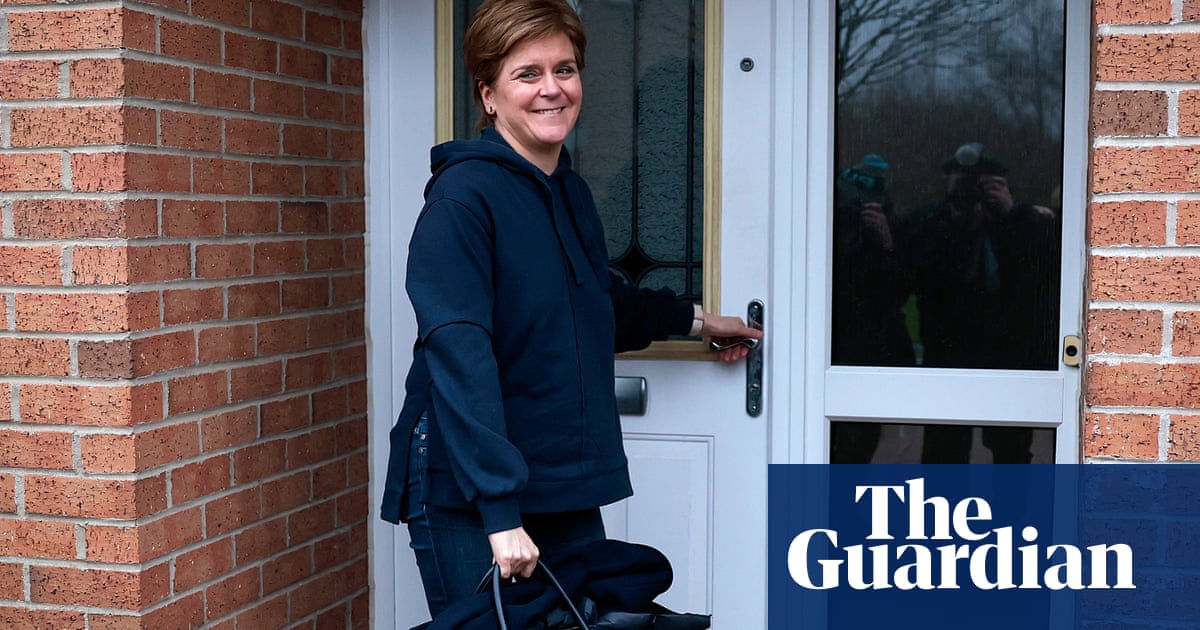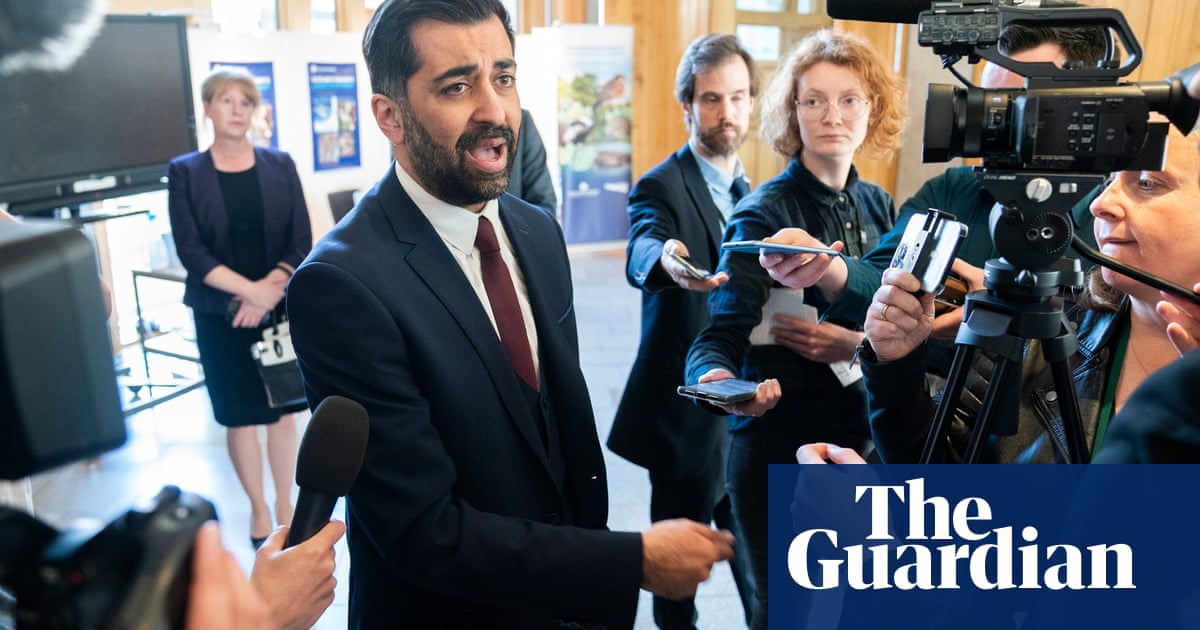
Scotland"s First Minister Nicola Sturgeon has set out her legal road map to holding a new referendum on independence on Oct. 19, 2023.
In a statement to the Scottish Parliament in Edinburgh on Tuesday, Sturgeon said she had written to Boris Johnson indicating she was "ready and willing" to negotiate a so-called Section 30 order with him, which gives the Scottish government temporary powers to hold a referendum. This was how the 2014 independence referendum was held.
However, as Johnson has repeatedly said he would not grant a Section 30 order, Sturgeon has separately asked Scotland"s senior law officer the Lord Advocate to go to the UK Supreme Court to get a ruling on whether the Scottish Parliament alone has the power to hold a legal consultative referendum.
This is something of a gamble from Nicola Sturgeon, who said that if the Supreme Court rules the Scottish Parliament — which has a majority of pro-independence members — does not have the legal rights to pass its own legislation to hold a referendum, then her party will fight the next UK general election on the sole question of independence.
"In a voluntary union of nations where the people of one nation have voted in elections to give a mandate for a referendum, it is, in my view, unacceptable democratically that the route to a referendum has to be via the courts rather than by co-operation between the UK and Scottish governments," Sturgeon said in her letter to Johnson.
In her statement to lawmakers at Holyrood, Nicola Sturgeon drew heavily on the precedents she said were set by the 2014 referendum, and said the question on the ballot papers would be the same in 2023: should Scotland be an independent country. The vote will also be consultative, and new legislation would be required in Westminster and Holyrood to make Scotland independent.
In the 2014 referendum, voters rejected independence, with 55% saying they wanted to remain part of the United Kingdom. Douglas Ross, the leader of the main opposition party the Scottish Conservatives, said his party "won"t take part in a pretend poll."
"This is becoming a parliament that doesn"t get anything done on people"s real priorities," said Ross, who represents in a constituency in the Scottish Highlands.
"A parliament that only exists to further the Scottish National Party"s interests [...] a do-nothing parliament with a first minister obsessed with another referendum at all costs."
Meanwhile Scottish Labour"s Anas Sarwar called Nicola Sturgeon a "partisan" who "wants to divide our country", and said she should be focusing instead on helping Scotland recover from the COVID pandemic.
Sturgeon"s Scottish National Party won a landslide victory in the Scottish parliamentary elections in May 2021, with an increased share of the vote and just one seat short of an overall majority — a remarkable result for a party which has been in power since 2007.
They now govern in a coalition with the Scottish Greens who are part of government for the first time.
Sturgeon maintains that her party"s continued electoral success — they also won this year"s local council elections in Scotland with the biggest share of the vote and increased number of seats — gives her a mandate for a new independence referendum.
The Conservative government in London, Sturgeon said, had "ripped" Scotland out of the EU "against our will" and created the worst cost of living crisis in the G7, with the second worst economic growth in the G20 — except for Russia.
Over generations, Scotland had paid a price for not being independent, the first minister told lawmakers in Edinburgh. "Now is the time, at this critical moment in history, to debate and decide the future of our country."
"Now is the time for independence." — Euronews











